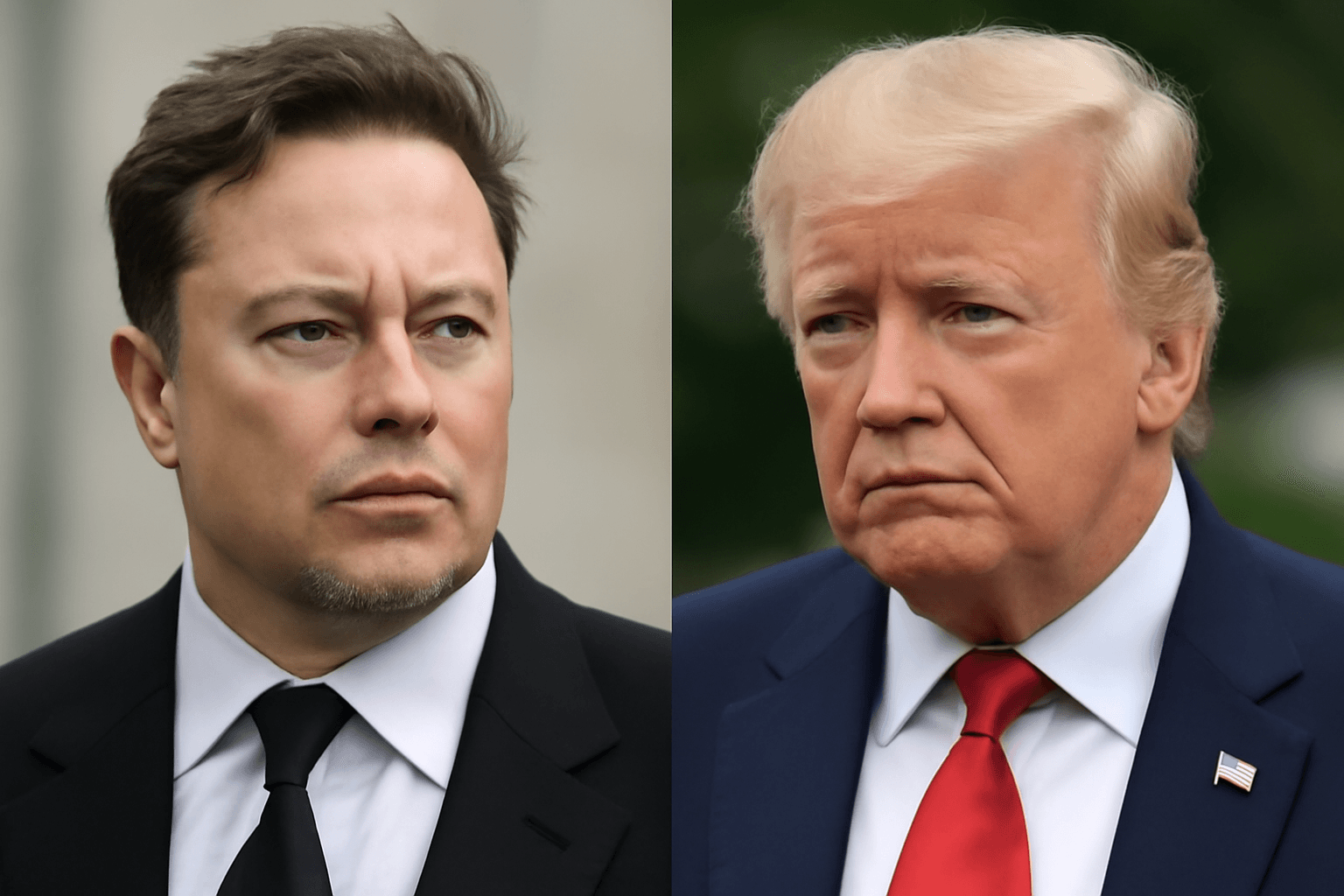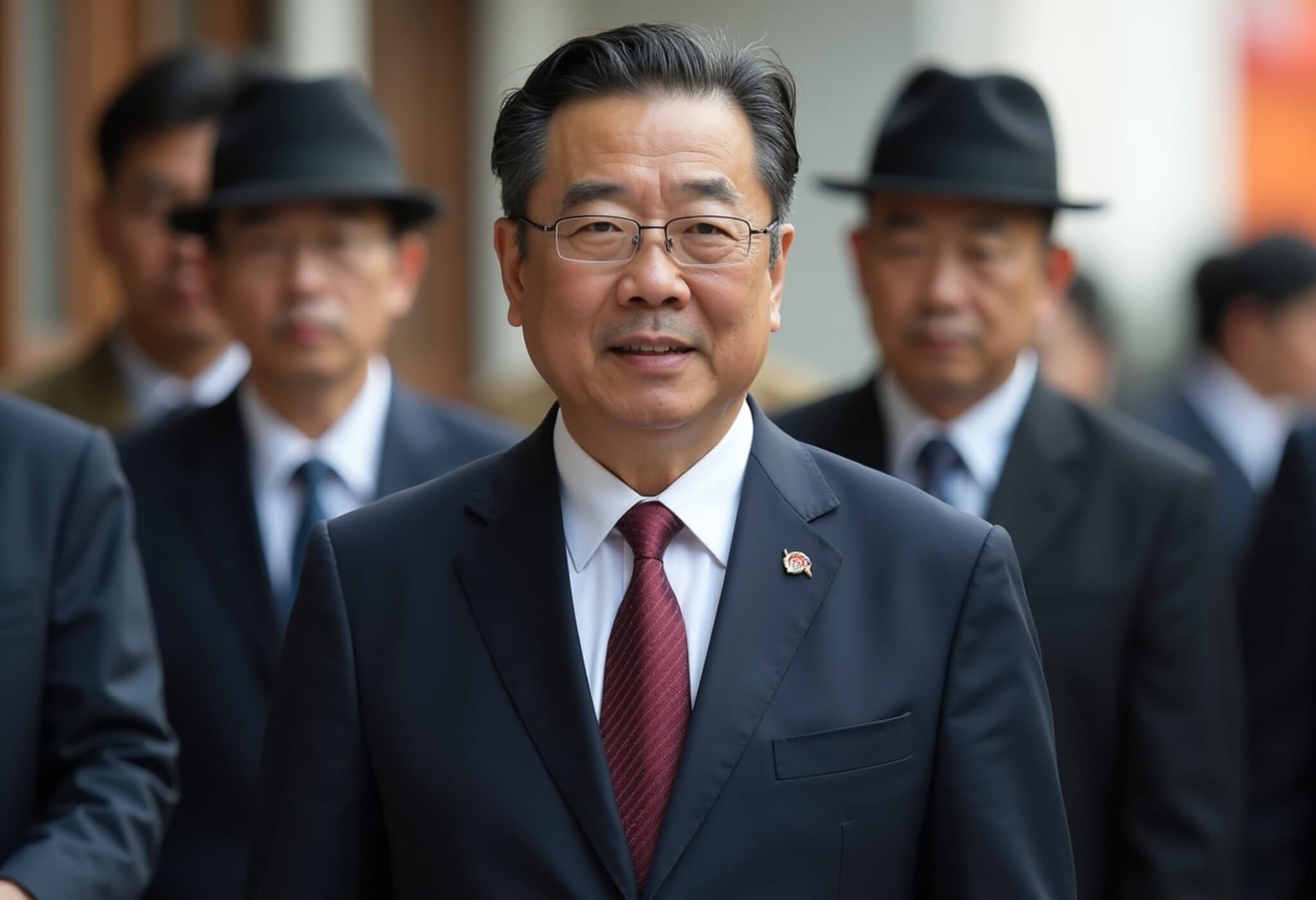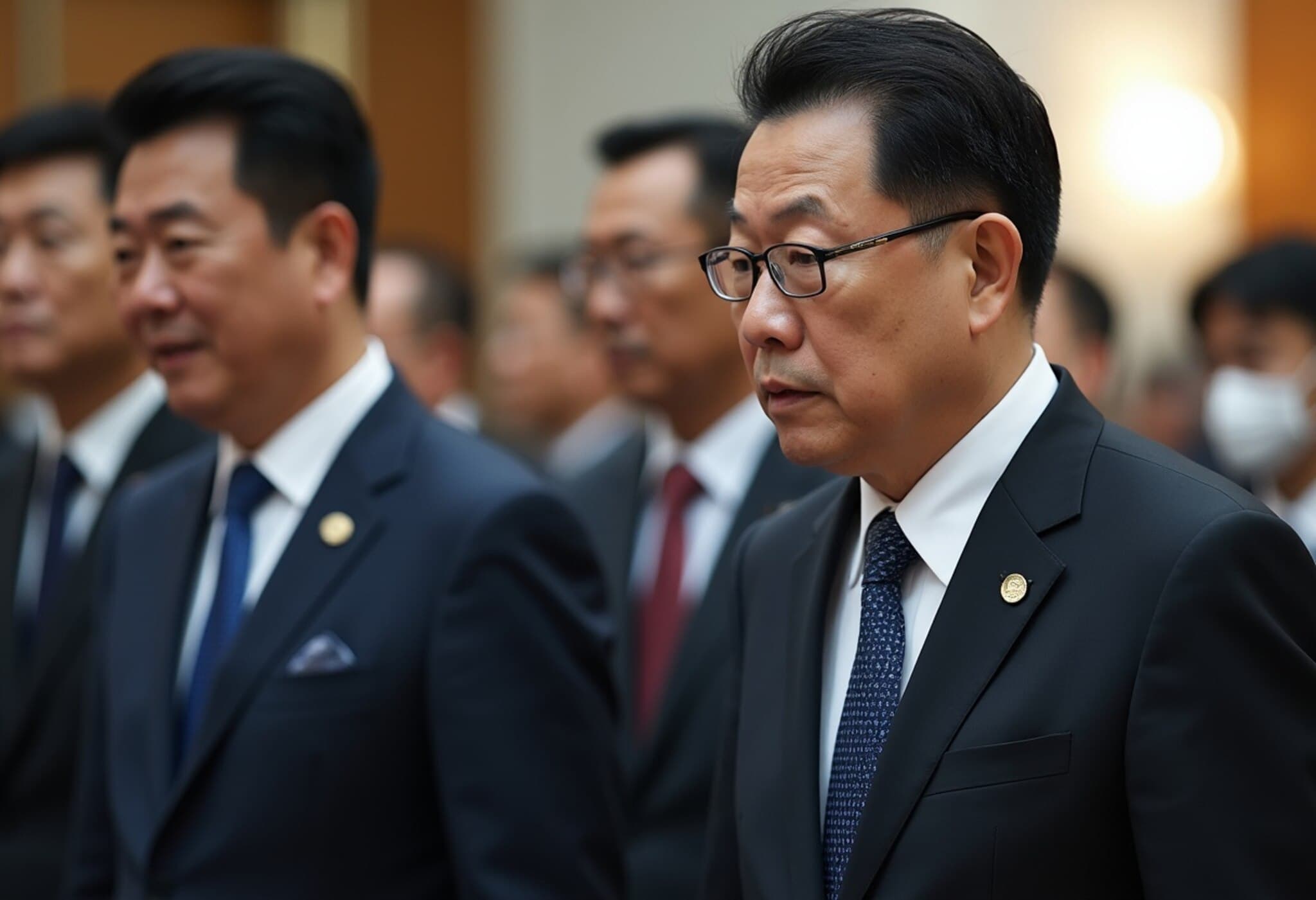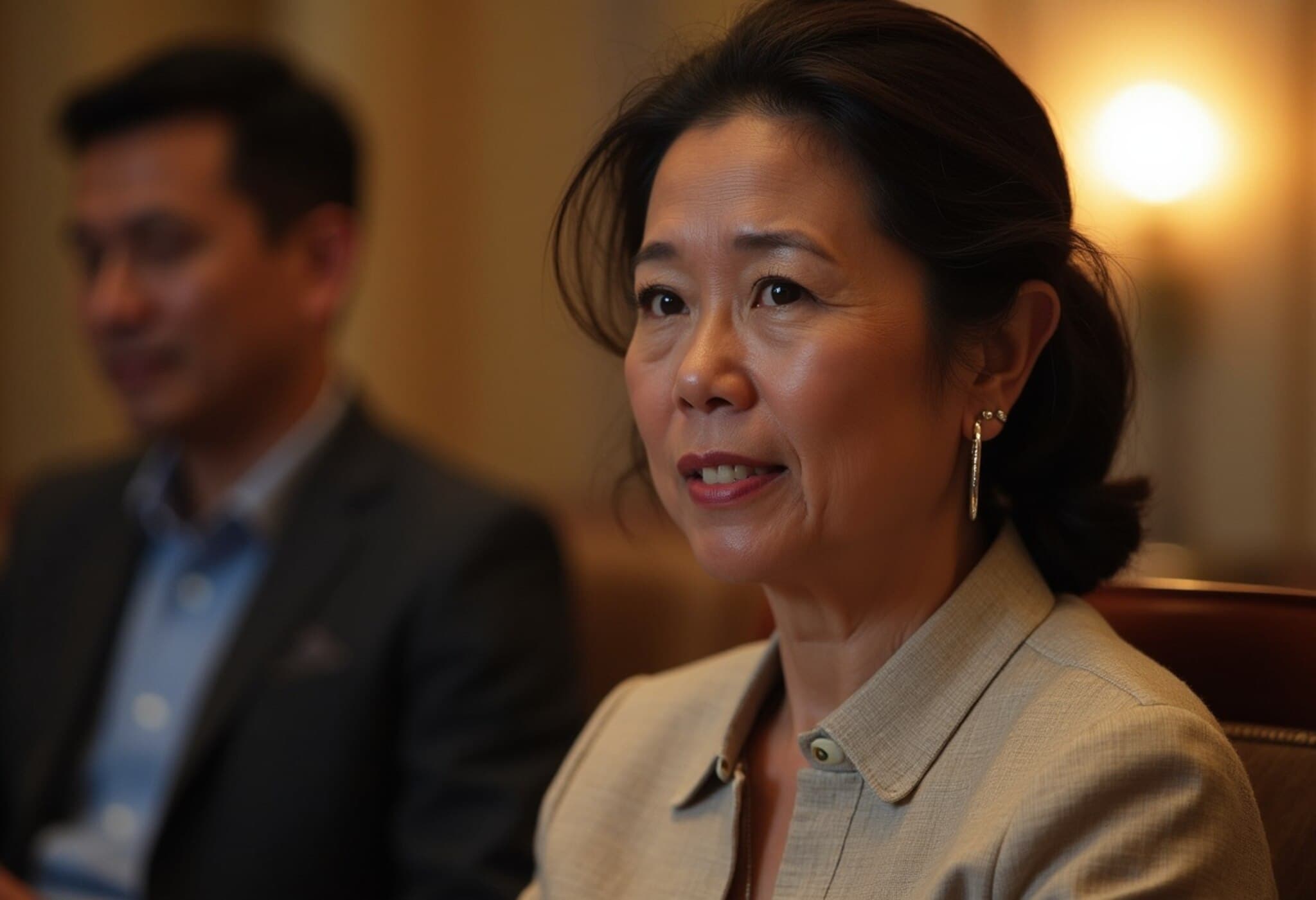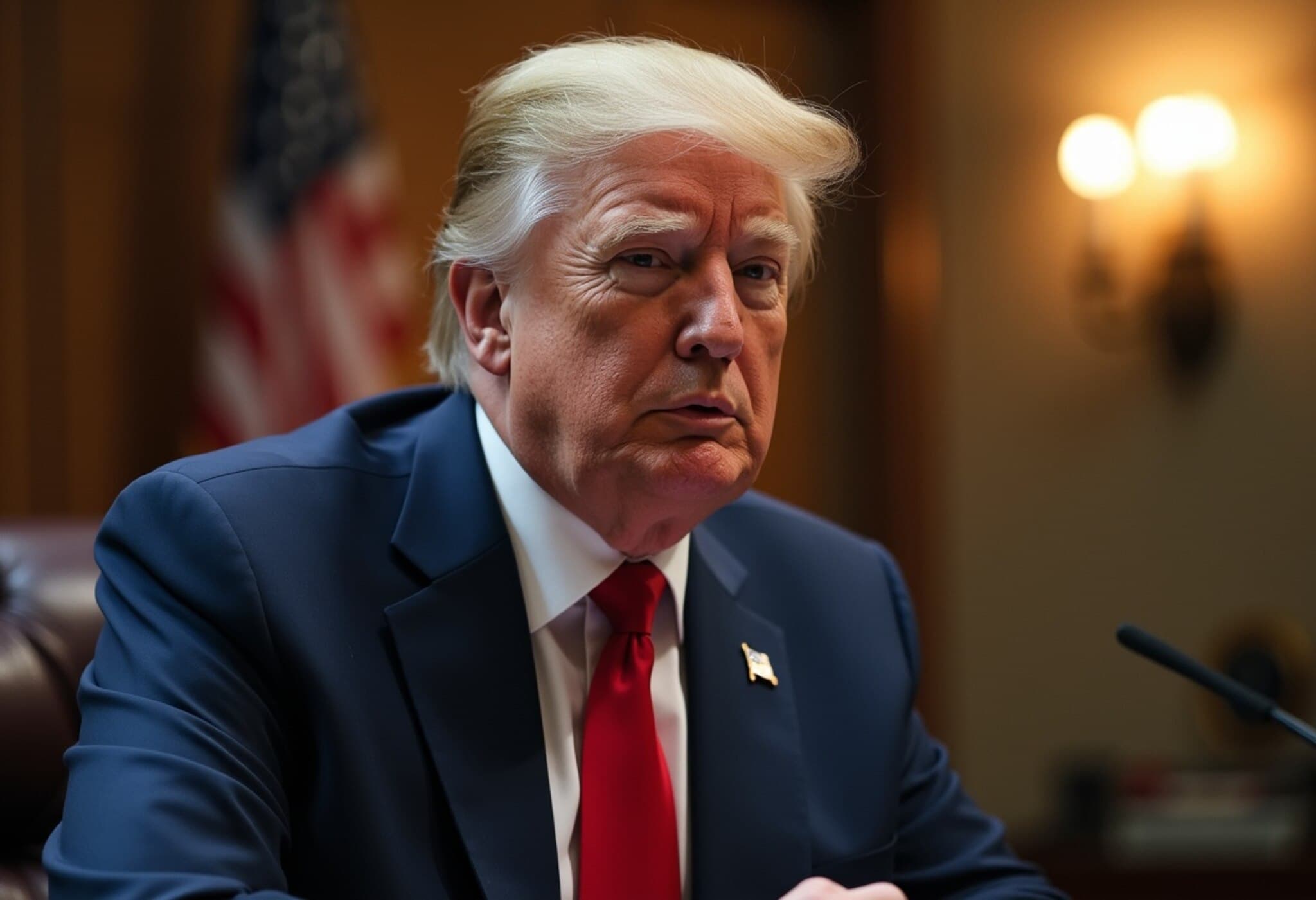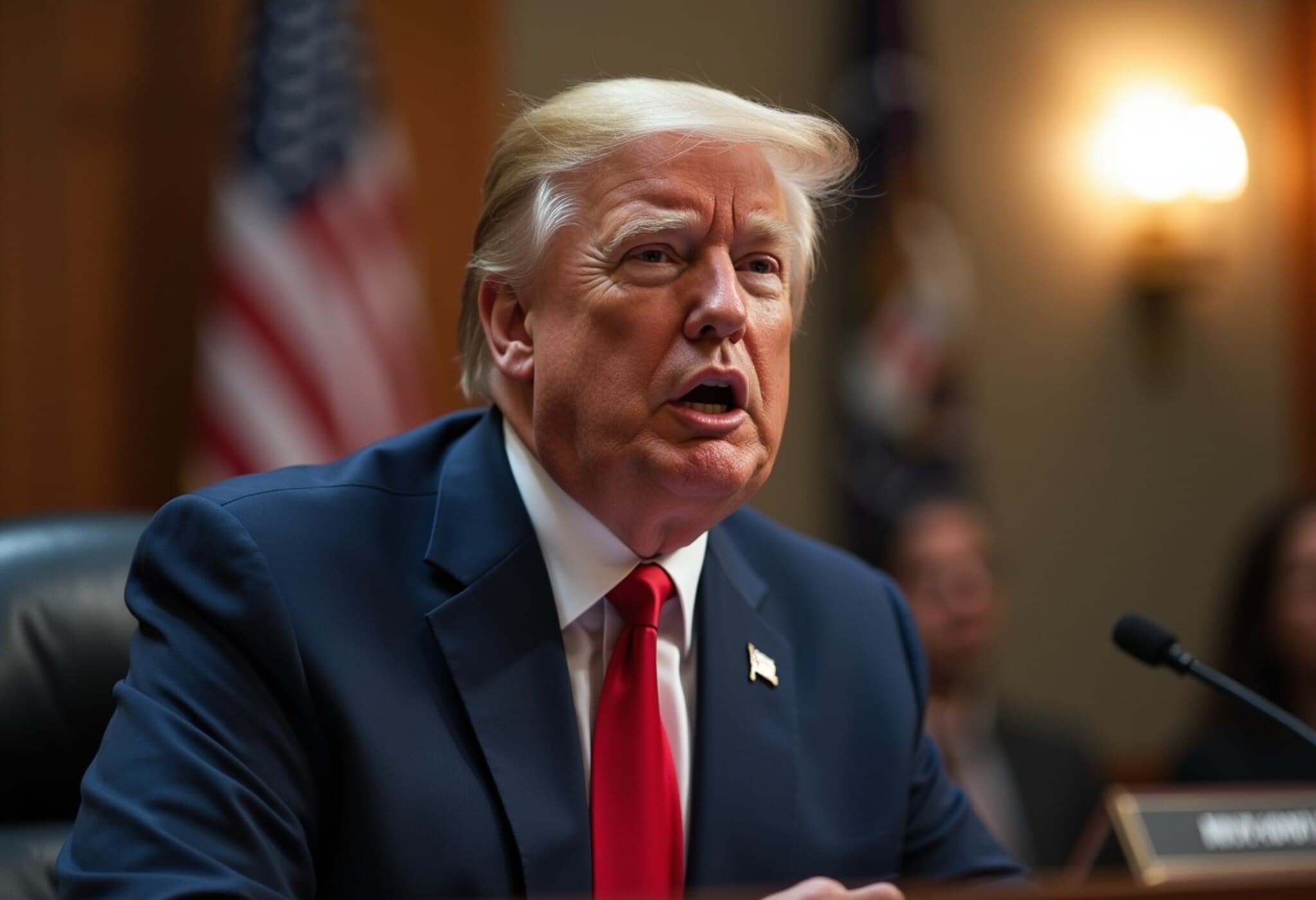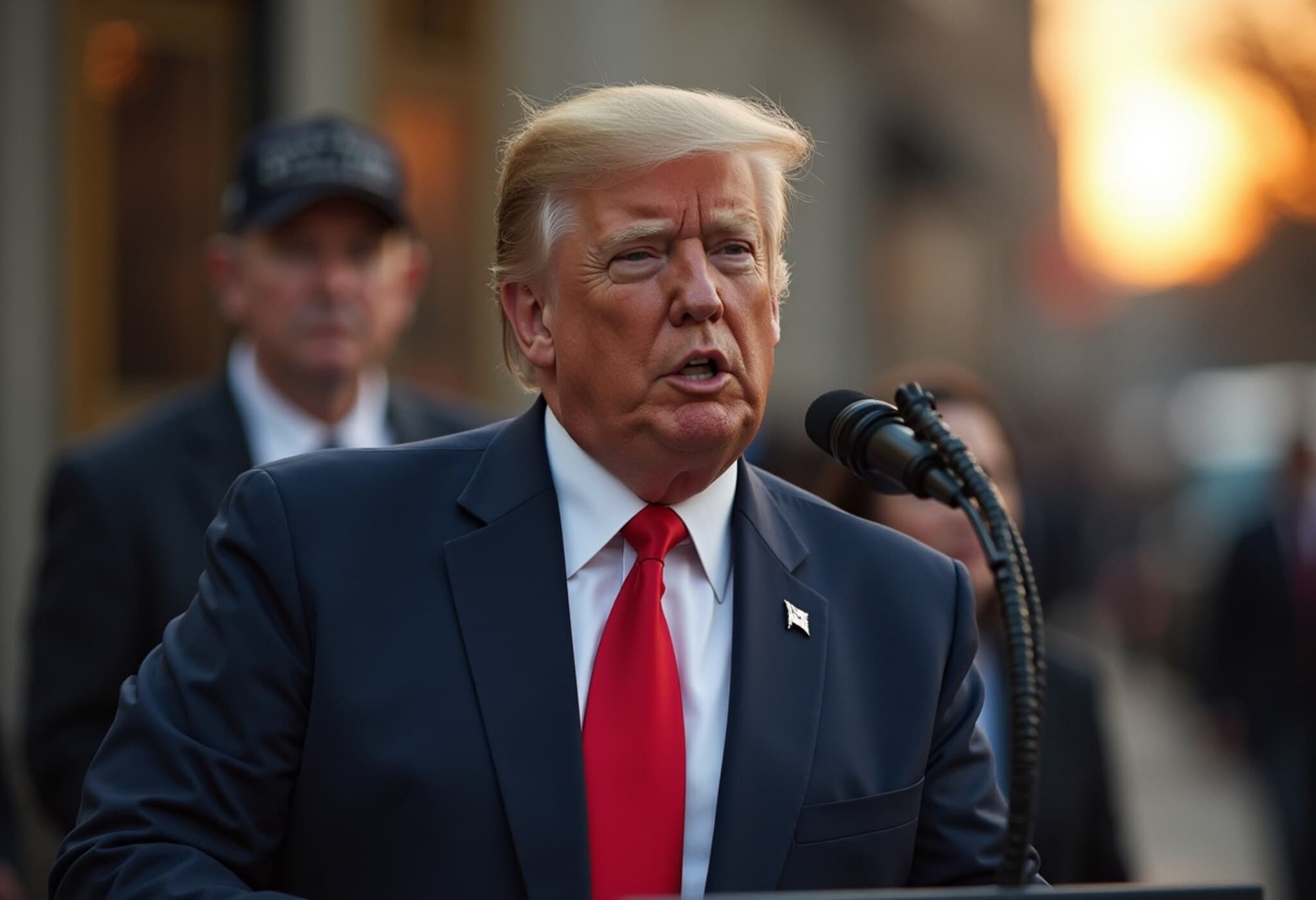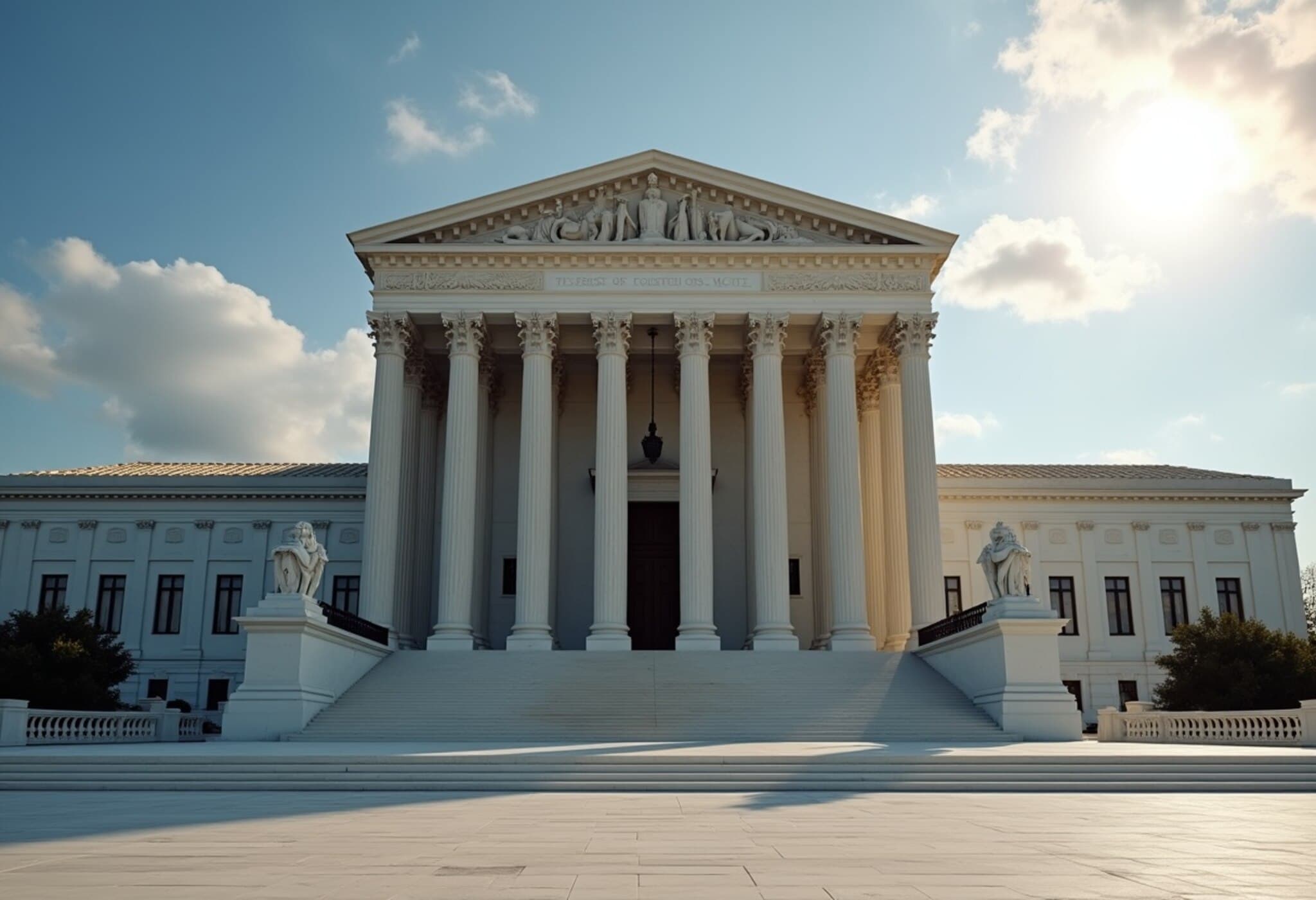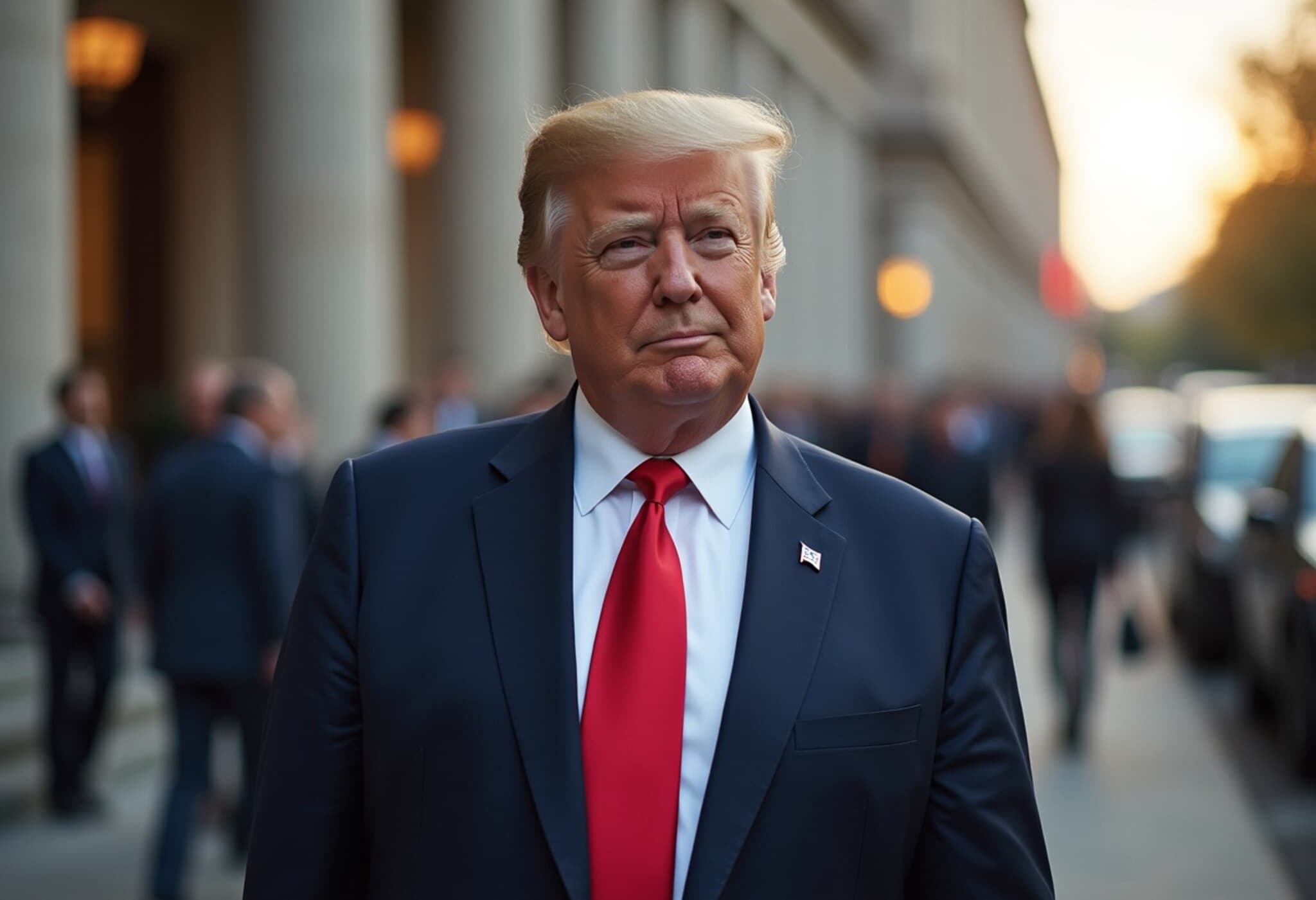Federal Judge Issues Nationwide Halt on Trump’s Birthright Citizenship Executive Order
In a pivotal legal development on July 10, 2025, U.S. District Judge Joseph Laplante of New Hampshire has reinstated a nationwide injunction blocking former President Donald Trump’s executive order targeting birthright citizenship. This decision breathes new life into ongoing legal challenges against the controversial policy, despite the Supreme Court’s recent caution on district court injunction scopes.
Background: The Birthright Citizenship Controversy
Birthright citizenship — the constitutional guarantee that anyone born on U.S. soil automatically acquires citizenship — has been foundational to American identity and law. Trump's 2018 executive order aimed to curtail this principle, seeking to deny citizenship to children born to non-citizen parents, sparking fierce legal battles and national debate over immigration and constitutional rights.
Understanding Judge Laplante’s Ruling
Judge Laplante’s key move was certifying the plaintiffs as a nationwide class. This legal strategy allows individuals potentially impacted across the country — in this case, all children born in the U.S. who might be denied citizenship under the executive order — to collectively challenge the measure. His ruling extended the injunction nationwide, effectively preventing the enforcement of Trump’s order across all states.
This is significant because the Supreme Court recently limited the ability of federal district judges to issue broad, nationwide injunctions unless such class certification is established. Laplante’s ruling adheres to that framework, ensuring the injunction aligns with contemporary judicial guidance.
The Supreme Court’s Nuanced Position
Earlier this year, the Supreme Court, in a 6–3 decision, sidestepped a direct constitutional judgment on Trump’s birthright citizenship order but tightened restrictions on nationwide injunctions from lower courts. By neither endorsing nor rejecting the order constitutionally, the high court left the door open for further legal contestation at district levels — a space Laplante’s ruling now occupies.
Why This Matters: Expert Insights and Broader Implications
- Constitutional Safeguards: Birthright citizenship rests on the 14th Amendment's Citizenship Clause. Legal analysts emphasize that any attempt to curb this right raises profound constitutional questions.
- Human Impact: As Hannah Liu, a child of Chinese immigrants, expressed outside the Supreme Court, these issues resonate deeply with immigrant families who rely on birthright citizenship as a gateway to equality and opportunity.
- Immigration Policy Debates: This ruling highlights the ongoing tension in U.S. policy between inclusive citizenship rights and restrictive immigration measures, influencing how future administrations might approach reform.
- Judicial Precedents: Nationwide injunctions remain a controversial tool, often criticized for empowering single judges to make sweeping policy decisions. Laplante’s careful application could shape how courts balance equitable relief with federalism concerns.
Closing the Loop: Next Steps in the Legal Journey
While Laplante’s injunction preserves birthright citizenship protections for now, the issue is far from settled. Competing political forces and legal experts anticipate continued litigation, potentially returning to the Supreme Court in the near future. The evolving judiciary stance on nationwide injunctions will also remain a critical focal point.
Editor’s Note
Birthright citizenship remains one of the most fiercely debated constitutional rights in contemporary America, touching on immigration, identity, and equality. Judge Laplante’s ruling underscores the judiciary’s pivotal role in safeguarding constitutional protections amid changing political winds. Readers should consider how these legal battles not only impact individual lives but also reflect broader questions about the nation’s values and the balance of power among branches of government.



